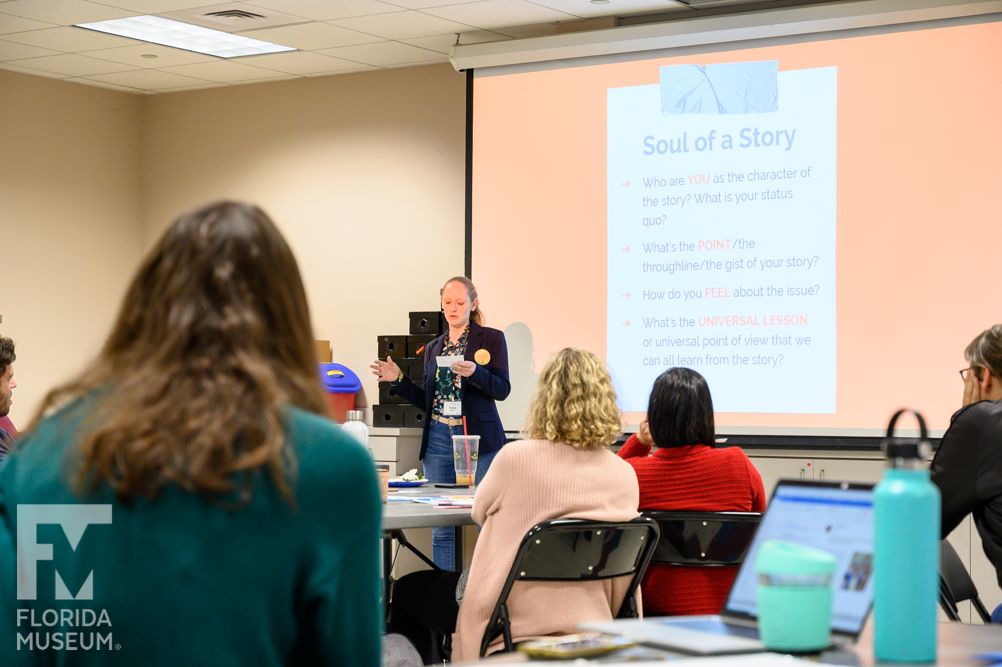June 2021 Biodiversity Spotlight
"If their lives are short, they are merry," and "they still continue on singing till they die." - Benjamin Banneker

Photo by lalo_pangue on Flickr.
"If their lives are short, they are merry," and "they still continue on singing till they die." - Benjamin Banneker

Photo by lalo_pangue on Flickr.
Contributed by: Molly Phillips

Phlox drummondii found on the roadside in Florida this spring. Photo contributed by Shari Ellis.
As the hub for digitization of U.S. natural history collections, iDigBio aims to engage our community in promoting a more diverse, equitable, inclusive, and actively anti-racist community. To that end, the iDigBio team focused on issues of Education, Outreach, Diversity, and Inclusion has compiled this reading list to begin conversations in the classroom, in museum collections, and among colleagues.

Photo courtesy of Jeffrey Weinell, University of Kansas Biodiversity Institute and Natural History Museum

Contributed by: Libby Ellwood, Austin Mast, Robert Bruhn and Kevin Love
Contributed by Cat Chapman
Have you ever been out on a walk through nature, or even in your neighborhood, and saw what appeared to be a clump of tiny leaves, debris, or lichen… only to see it move?
Upon closer inspection of this mysteriously motile clump of detritus, you may see that it has tiny little legs underneath it. It’s alive!
Meet the trash bug!


Written by Erica Krimmel.
What can 120-year-old flower buds neatly pressed to paper teach you about climate change? As it turns out, a lot.
Nineteen botany students had the chance to dive into more than a century of California’s plant data this spring in an exploration of the nuances plant life using computer programming and statistical analyses.






Article by: Zoliswa Nhleko, PhD candidate at the UF School of Natural Resources and Environment

Article by: Nattapol Kraisitudomsook, PhD student from the Smith Lab at the University of Florida


Margay
Article by: Nicholas Gengler, PhD student from UF School of Natural Resources and the Environment
